Oil mining in Africa
Oil Mining in Africa: Fueling Economies and Challenges
Africa is home to some of the world’s most significant oil reserves, with countries like Nigeria, Angola, Libya, Algeria, and Egypt leading the continent’s hydrocarbon production. Oil mining plays a critical role in shaping Africa’s economies, providing energy resources for global markets while driving industrialization and infrastructure development locally. However, the industry also faces challenges such as environmental degradation, governance issues, and fluctuating global oil prices. In this blog post, we will explore the landscape of oil mining in Africa, supported by vivid image descriptions and insights into its opportunities and obstacles.
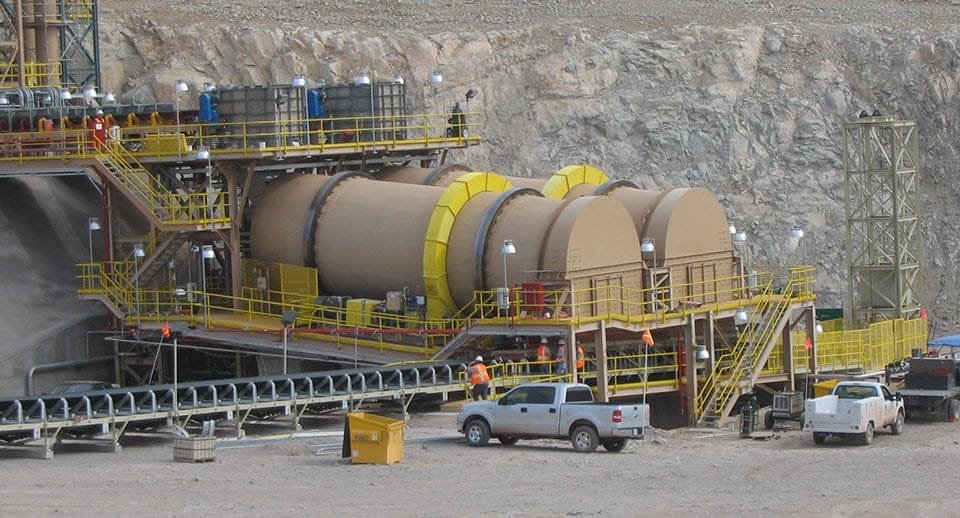
Nigeria: The Giant of African Oil
Nigeria is Africa’s largest oil producer, accounting for a significant share of the continent’s petroleum exports. The Niger Delta region is the heart of the country’s oil industry, but it has also been plagued by environmental damage and conflict over resource control. Despite these challenges, oil remains a cornerstone of Nigeria’s economy.

Angola: Offshore Exploration and Production
Angola is Africa’s second-largest oil producer, with much of its output coming from offshore fields. The country has invested heavily in deepwater exploration, attracting international oil companies. However, fluctuating oil prices and governance concerns pose risks to long-term stability.
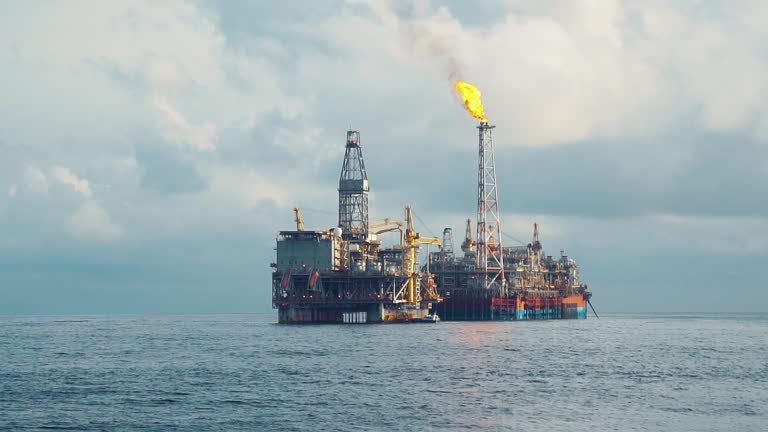
Libya: Reviving Oil Production Amidst Turmoil
Image Description: Vast desert oil fields in Libya, with rows of pumpjacks extracting crude oil under the scorching sun. Dust storms swirl in the background, highlighting the harsh conditions of oil mining in the region.
Libya holds Africa’s largest proven oil reserves, but years of political instability have disrupted production. Efforts are underway to revive the sector, which is critical for rebuilding the nation’s economy and restoring its position as a major global supplier.
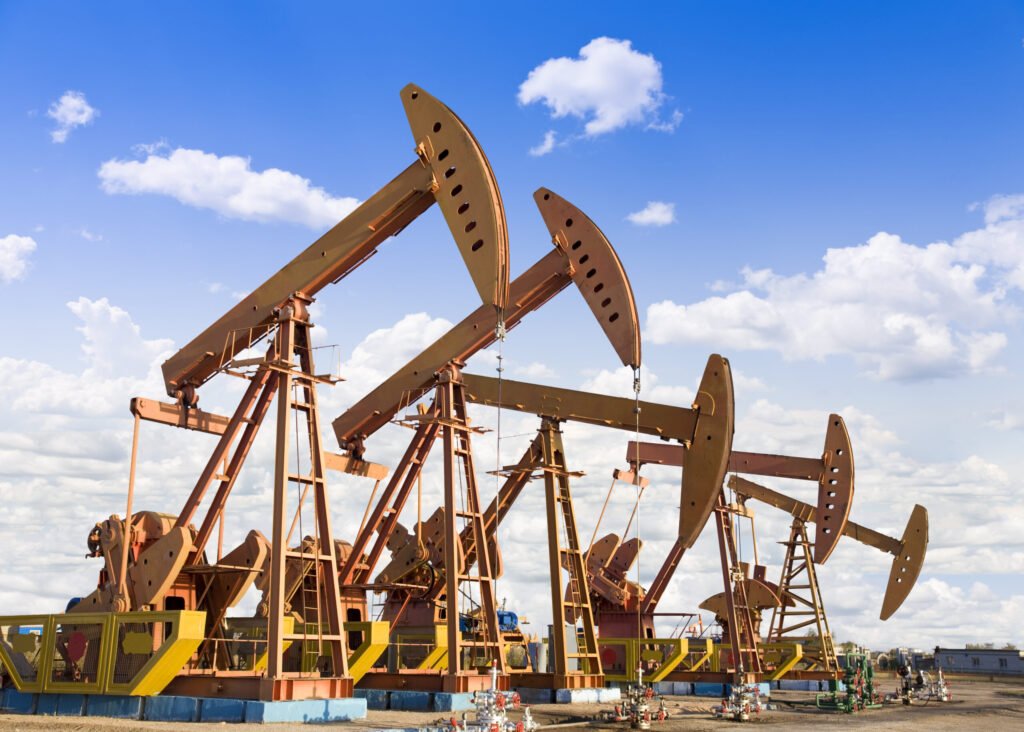
Algeria: North Africa’s Energy Powerhouse
Algeria is a key player in both oil and natural gas production, with vast reserves in the Sahara Desert. The country relies heavily on hydrocarbons for revenue, but diversification efforts are underway to reduce economic dependence on oil.
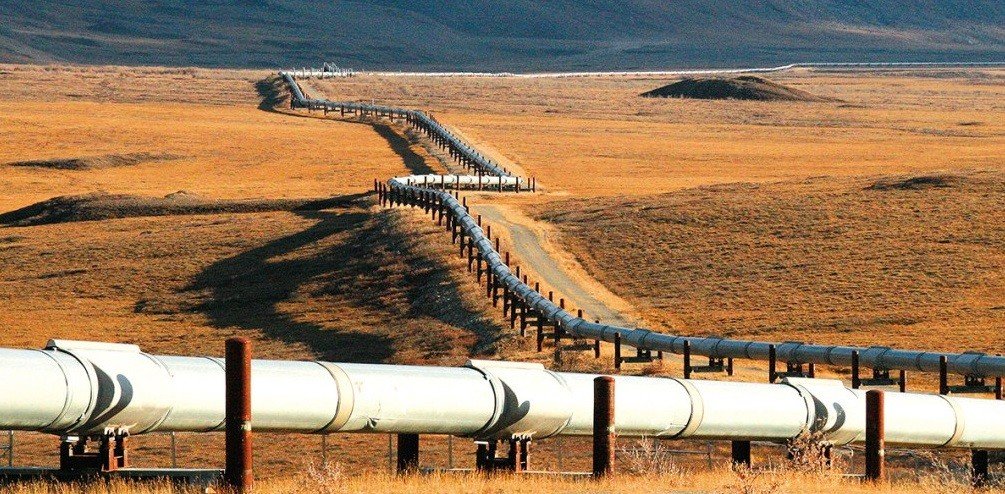
Egypt: Unlocking New Reserves
Egypt has made significant strides in oil and gas exploration, particularly with the discovery of the Zohr field. These developments have positioned the country as a regional energy hub, meeting domestic needs while exporting surplus resources.
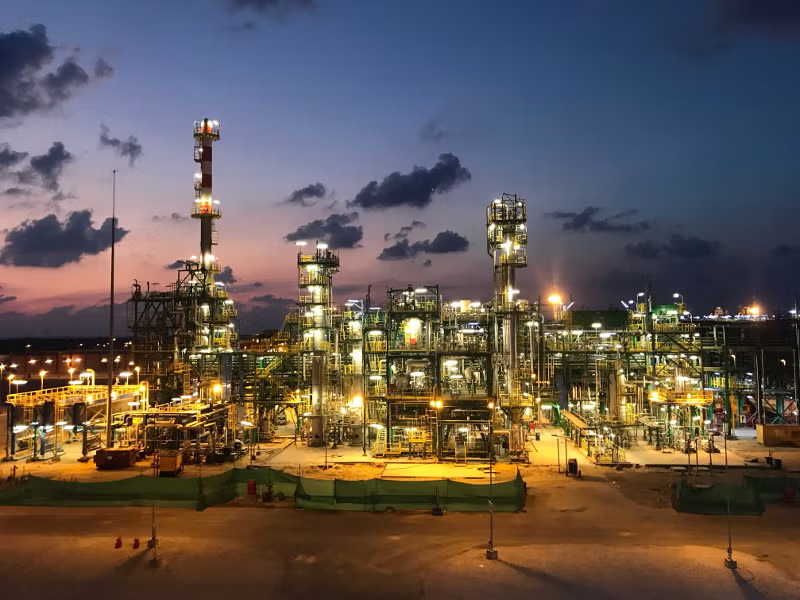
Frequently Asked Questions (FAQs)
Q1: Which African country produces the most oil?
A1: Nigeria is Africa’s largest oil producer, followed closely by Angola and Libya.
Q2: What are the environmental impacts of oil mining in Africa?
A2: Oil mining can lead to oil spills, deforestation, water pollution, and habitat destruction, severely affecting ecosystems and local communities.
Q3: How does oil mining contribute to Africa’s economy?
A3: Oil mining generates significant revenue through exports, creates jobs, and funds infrastructure projects, though reliance on oil can make economies vulnerable to price fluctuations.

